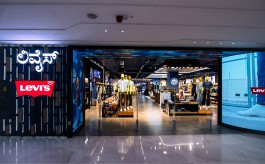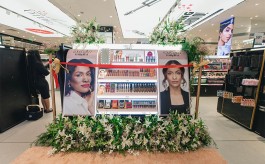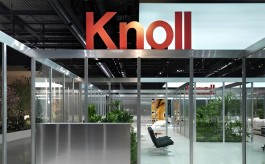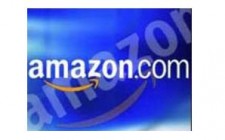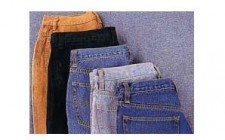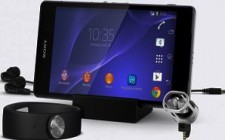Brands in India need to strengthen their'Irresistibility Quotient': TNS
By VJ Media Bureau | Vjmedia Works | May 15, 2014
To diagnose irresistibility, TNS has developed the Irresistibility Quotient (IQ) based on how well a brand meets the needs of its target consumers
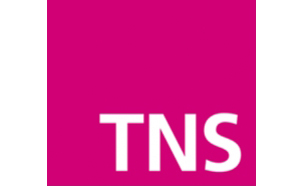
Ground-breaking new research has revealed the drivers of irresistibility, telling us specifically why the world loves L'Oreal, Red Bull and Audi - and why other brands never quite make the cut.
Experts at TNS have analysed over a thousand household names to identify the collective components of the world's most irresistible brands. What was once thought to be an intangible quality has now been quantified by TNS and companies can access the tools to make their brands more desirable than ever.
To diagnose irresistibility, TNS has developed the Irresistibility Quotient (IQ) based on how well a brand meets the needs of its target consumers. A perfectly irresistible brand would have an IQ of 100 against a particular consumer desire. For every brand with a high IQ, TNS found hundreds that are insufficiently applying the drivers of irresistibility and therefore underperforming. Almost one in three brands (29 per cent) have an IQ under 50, failing to recognise their consumers' primary needs and the motivations behind their purchase decisions.
Achieving irresistibility seems to be the preserve of developed markets, with brands in North America and the majority of Europe achieving benchmarks of 63 and 62, respectively.
Brands are scoring less well at achieving irresistibility in APAC, with a benchmark of just 57, more comparable to the emerging economies of Eastern Europe (57), or South America (55). There is a real sweep across the region, with Australasia and North Asia seeing many more brands on track towards achieving irresistibility, with benchmarks of 66 and 65 respectively. However, in India this plummets to just 47.
Nitin Nishandar, Managing Director, Brand & Communications, TNS Asia Pacific says: "We need to consider the diversity of Asia - both in terms of market size and marketing maturity. In the more developed APAC markets of North Asia and Australasia, we see greater performance from brands towards achieving irresistibility. However, in India we see a real need for brands to focus on those elements that will strengthen their appeal to consumers over the long-term. With a benchmark of just 47 across the brands evaluated in India, there is a significant opportunity for those brands that focus on the drivers of irresistibility to really pull away from the competition.â€
Unsurprisingly, there is a correlation between those brands with a high IQ and commercial success. For example, TNS has found that one of the world's most famous pen producers, Parker, achieved an IQ of 80 or higher in some of its strongest markets. Similarly, Johnnie Walker, the no. 1 Scotch whisky brand in the world, enjoys an impressive IQ of 79.
When we look at categories in APAC, the alcohol brands here secure the highest IQ (62) across the region - which is also on par with alcoholic beverage brands in NW Europe (62) and N America (63). However, brands in the food (52), beverage (53), automotive (55) and finance (58) categories are falling short of irresistible with consumers in APAC.
Nishandar continues, "People really do build a strong and lasting affiliation to their drink of choice. Food and beverage brands, however, are failing to make much of an impression on their consumers and this lack of irresistibility may mean that today's healthy revenues are at risk over the long term. The'Audi effect' is not universal across auto brands, with low irresistibility pulling the benchmark down for the category.â€
TNS found that brands with the highest IQ are also the bravest in recognising that they can never appeal to every individual. Category leaders like Audi (automotive) and Bose (technology) know what their most loyal customers want and, in applying this, are prepared to turn others away. This explains why courageous'love it or hate it' brands have gone on to become category leaders.
Nishandar concludes: "It is not chance that has led category leaders to become the world's strongest, most identifiable brands. They maintain a single-minded focus on the aspects of their brand that make it an instinctive choice. Achieving this irresistibility is not easy, but the benefits are great in terms of rendering the competition irrelevant in the minds of their consumers.â€
Advertisement

